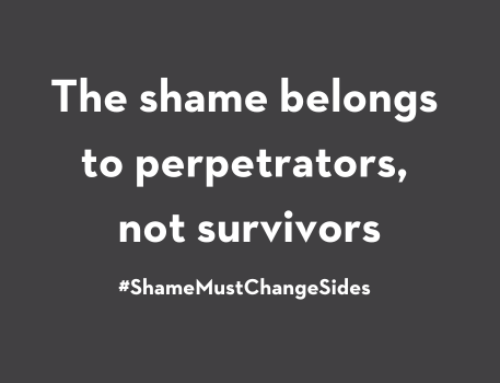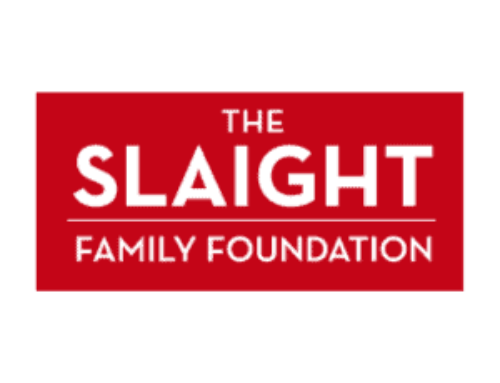We released the results of a new national survey on supporting an end gender-based violence, supporting the needs of survivors of abuse, survivor experiences of disclosing abuse, and the recognition and use of the Signal for Help. Sign up today to be be a Signal for Help Responder and get the tools and training you need to learn how provide judgement-free support to those facing abuse.
Most people believe …
Gender-based violence (GBV) needs to be openly and publicly addressed to end it
Everyone has a responsibility to stop GBV (90%)
Decisionmakers, community leaders, and workplaces should take proactive steps to address GBV and support survivors (90%)
Tools to identify and support those experiencing GBV should be taught in schools (88%)
They are empowered to help someone they know experiencing GBV (68%)
They can help end GBV overall (59%)
However …
And …
Reasons people didn’t disclose experiences of abuse:
54% wanted to move on and try not to think about it
35% felt there was no one they could tell
32% felt they would be judged, blamed, or shamed
27% felt they would not be believed
15% felt it would put them at risk of harm
12% were afraid their abuser would find out – 28% for people who are racialized
18% felt they wouldn’t be given the help they needed
One third of those who did not disclose abuse may have disclosed it if they had someone to share it with (34%), were confident they wouldn’t be judged, blamed or shamed (33%), and were confident they would be believed (29%).
When people did disclose their most recent experience of abuse:
More than four-fifths were believed (82%) and treated kindly (80%) – 76% and 74% accordingly for people with disabilities
71% did not feel judged, blamed, and/or shamed
67% felt heard and validated – 56% for people with disabilities
But …
And …
Despite 86% of people in Canada feeling they are able to support someone experiencing physical abuse, only 66% of those disclosing physical abuse feel supported
Despite 85% of people in Canada feeling they are able to support someone experiencing emotional abuse, only 70% of those disclosing emotional abuse feel supported
Despite 80% of people in Canada feeling they are able to support someone experiencing sexual abuse, only 63% of those disclosing sexual abuse feel supported
Women aged 18-54 were the most likely group to receive a disclosure of emotional and sexual abuse from a survivor.
The Violence at Home Signal for Help is becoming more recognized:
0%
have seen information about the Signal
0%
have used the Signal or have seen it being used
Survey details: Maru/Matchbox conducted a survey on behalf of The Canadian Women’s Foundation. The survey was conducted from February 4th to February 9th, 2022, among a representative sample of n=1,500 Canadians with an additional sample of n=500 women. The sample was weighted to census proportions on age, gender, and region.
This project was funded by Women and Gender Equality Canada.






